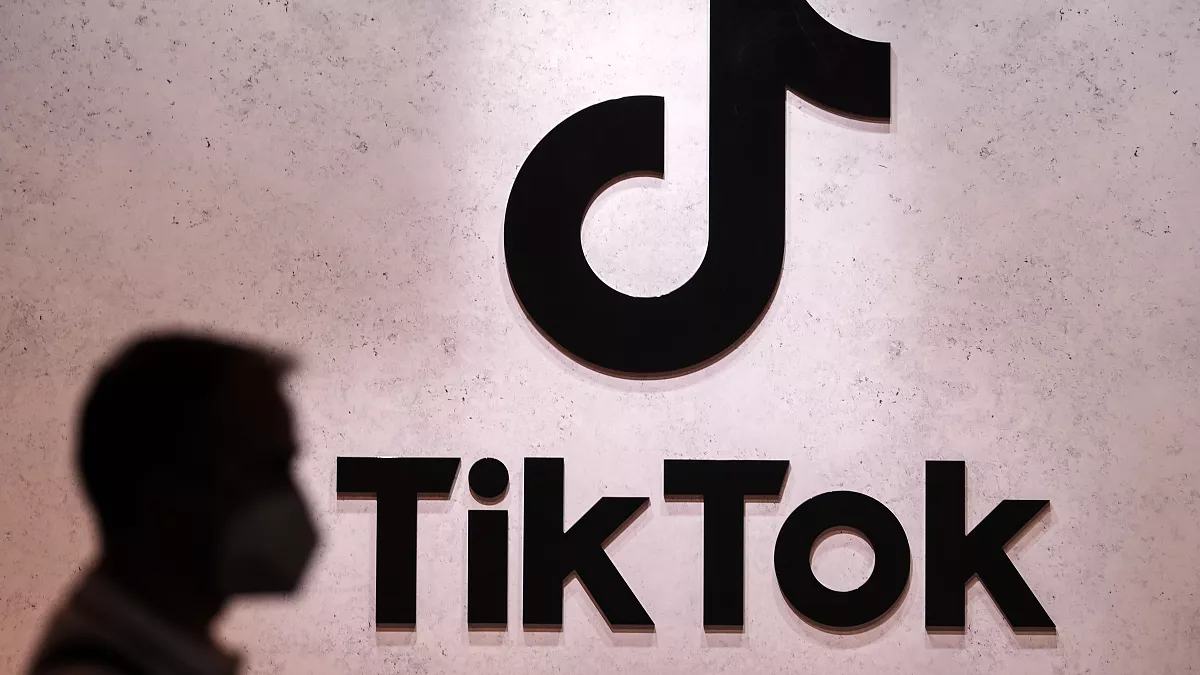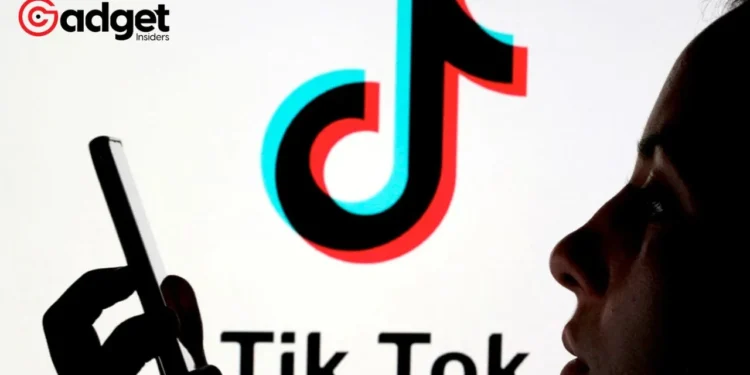In a significant move that could reshape the digital landscape for millions across Europe, the European Union has initiated a comprehensive probe into TikTok, scrutinizing the social media giant for potential breaches under the Digital Services Act (DSA).
This investigation marks a pivotal moment in the EU’s ongoing efforts to enforce stricter digital regulations, aiming to safeguard the privacy and security of its users, particularly minors.

The Catalysts for the Probe
TikTok, known for its viral videos and a global user base, finds itself at the center of the EU’s regulatory radar. The inquiry will delve into several critical areas, including the platform’s addictive algorithms, the so-called “rabbit hole effect,” issues surrounding age verification, and the adequacy of default privacy settings.
The overarching goal of the European Commission’s (EC) investigation is to mitigate potential risks to users’ physical and mental well-being, ensuring a safe digital environment for all, especially young audiences.
The Commission’s press release outlines the multifaceted nature of the probe, emphasizing a concerted effort to counteract any detrimental impacts arising from TikTok’s operational and algorithmic designs.
This includes a close examination of the platform’s mechanisms for age verification, a crucial tool intended to shield minors from inappropriate content. Additionally, the inquiry extends to TikTok’s compliance with obligations to maintain a transparent and reliable repository for advertisements and its provision of accessible data for research purposes.

The Broader Implications for TikTok and Digital Platforms
This isn’t TikTok’s first encounter with regulatory scrutiny in Europe. The platform, along with its parent company ByteDance, has previously adapted its operations to meet the DSA’s requirements. Measures included giving users the option to disable algorithm-driven content recommendations on their For You Page (FYP), enhancing content reporting functionalities, and modifying advertisement practices for users aged 13 to 17.
However, the current investigation could prompt more profound changes, not only for TikTok but for the broader digital ecosystem in Europe. As the EC continues to gather evidence, the possibility of imposing interim measures or decisions on non-compliance looms large, signaling a potential shift towards more stringent digital governance.
The EU has announced a formal investigation into TikTok over alleged breaches of its obligations to protect minors online, under a landmark new law on policing digital content. https://t.co/k3iNRrpPGF
— The Japan Times (@japantimes) February 20, 2024
The probe also reflects a broader trend of increasing regulatory attention on social media platforms, with TikTok and Meta (the parent company of Instagram and Facebook) under examination for their handling of illegal content and misinformation.
This regulatory momentum follows substantial fines and demands for operational changes, highlighting a growing demand for digital platforms to prioritize user safety and privacy over algorithmic engagement.
A Turning Point for Digital Regulation?
As the European Union embarks on this wide-ranging investigation into TikTok, the stakes are high for the future of digital safety and privacy in the region.
This probe underscores a pivotal moment in the ongoing dialogue between regulators and digital platforms, as both parties navigate the complex terrain of digital rights, user protection, and the responsibilities of tech companies in the modern age.

For TikTok, compliance with the EU’s stringent regulations could necessitate significant operational overhauls. For the digital community at large, this investigation may herald a new era of enhanced user protection and privacy standards, setting a precedent for how digital platforms operate within the EU’s jurisdiction. As the investigation unfolds, the outcomes could have far-reaching implications for the digital ecosystem, reinforcing the EU’s role as a leading advocate for digital safety and privacy on the global stage.










